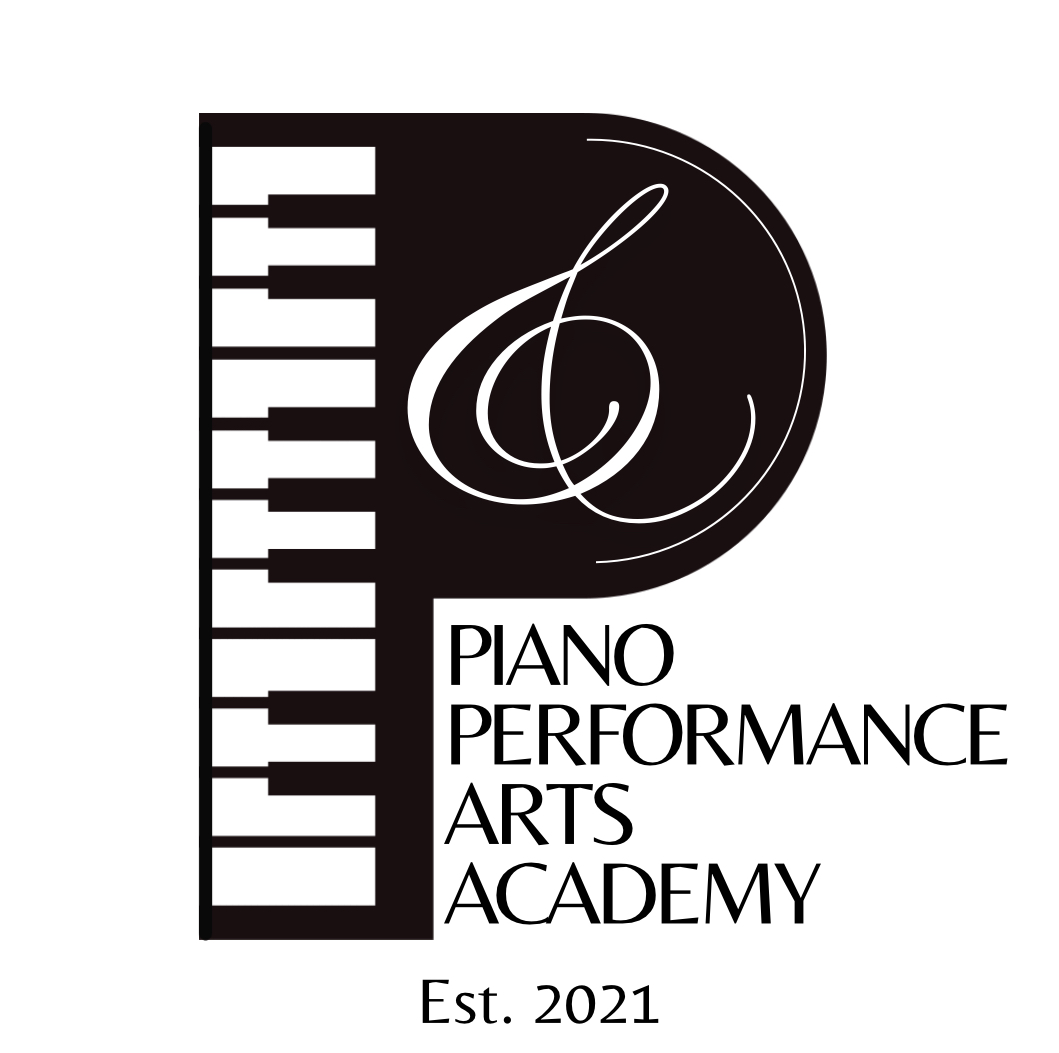- Piano Performance Arts Academy

When you listen to music, multiple areas of your brain become engaged and active. But when you actually play an instrument, that activity becomes more like a full-body brain workout.
What’s going on? Researchers have found that fireworks go off in musicians’ brains when they play and they have discovered some of the long-term positive effects of this mental workout.
Interested in Piano Lessons for yourself or your child, or know someone who wants to take lessons? Spread the word!
We are currently accepting new students for our Summer sessions!
Contact us at 813.528.3638 for more information on sign up for your first lesson!
Beginner, Intermediate and Advanced Levels.
All ages welcome!
In-person and Online Lessons Available!





